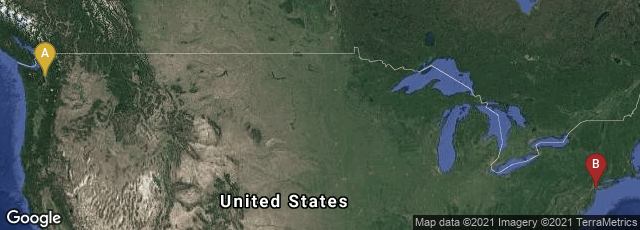After Amazon’s legal triumph, some publishing people were driven to the wild surmise that the company had colluded with the Justice Department, if not micromanaged the entire case. They grasped at the fact that Jamie Gorelick, a deputy attorney general in the Clinton Administration, and a friend of Attorney General Eric Holder, serves on Amazon’s board, and that three weeks after Judge Cote’s decision President Barack Obama appeared at an Amazon warehouse in Chattanooga—where workers earn, on average, eleven dollars an hour—to praise the company’s creation of good jobs. The coup de grâce came last November, when the cash-strapped U.S. Postal Service announced a special partnership to deliver Amazon—and only Amazon—packages on Sundays, with the terms kept under official seal. To some people in the book world, Obama’s embrace of their nemesis felt like a betrayal. One literary agent said, “It’s strange that a President who’s an author, and whose primary income has come from being an author, was siding with a monopoly that wants to undercut publishers.”
Since the arrival of the Kindle, the tension between Amazon and the publishers has become an open battle. The conflict reflects not only business antagonism amid technological change but a division between the two coasts, with different cultural styles and a philosophical disagreement about what techies call “disruption.”
“Book publishing always has a rhetoric of the fallen age,” a senior editor at a major house told me. “It was always better before you got here. The tech guys—it’s always better if you just get out of my way and give me what I want. It’s always future-perfect.” He went on, “Their whole thing is ‘Let’s take somebody’s face and innovate on it. There’s an old lady—we don’t know we’re innovating unless she’s screaming.’ A lot of it is thoughtless innovation.” . . . .

